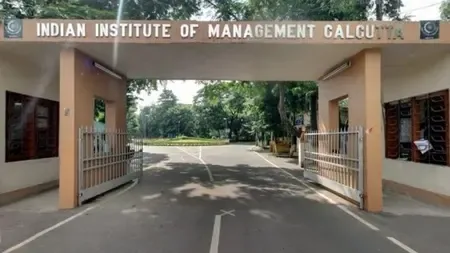Why Did the Bengal Rape Case Accused Get Bail?

Synopsis
Key Takeaways
- Interim bail granted to the accused in a high-profile rape case.
- Victim's non-cooperation cited as a key factor for bail.
- Defense highlighted multiple instances of the victim's absence.
- Public prosecutor raised concerns regarding the victim's mental state.
- Judge imposed movement restrictions on the accused during bail.
Kolkata, July 19 (NationPress) On Saturday, a trial court in Kolkata approved interim bail for the accused in the rape case involving a woman on the campus of the Indian Institute of Management-Calcutta (IIM-C) earlier this month.
As reported by IANS earlier today, the defense attorneys argued that the victim was not cooperating with the investigation process, a point that became evident during the court proceedings.
The accused, a second-year student at IIM-C, had his legal representatives present three specific instances of the victim's non-cooperation: her absence from the court on three occasions this week for recording her confidential statement before a judicial magistrate, her refusal to undergo a media-legal examination, and her unwillingness to provide the investigating officials with the clothes she wore during the alleged incident.
The defense counsel outlined these points to strengthen their request for bail, which the judge of the lower court ultimately granted.
The public prosecutor contended that the victim's absence was due to her distressed mental state following the alleged rape.
With the terms of the accused's police custody concluding on Saturday, he was brought before the trial court. The public prosecutor requested judicial custody for the accused, stating that the state might seek an additional period of police custody if required.
Nevertheless, the judge rejected the prosecutor's arguments and granted interim bail to the accused, set at a personal bail bond of Rs 50,000.
Additionally, the court imposed restrictions on the accused's movement during the bail period.







